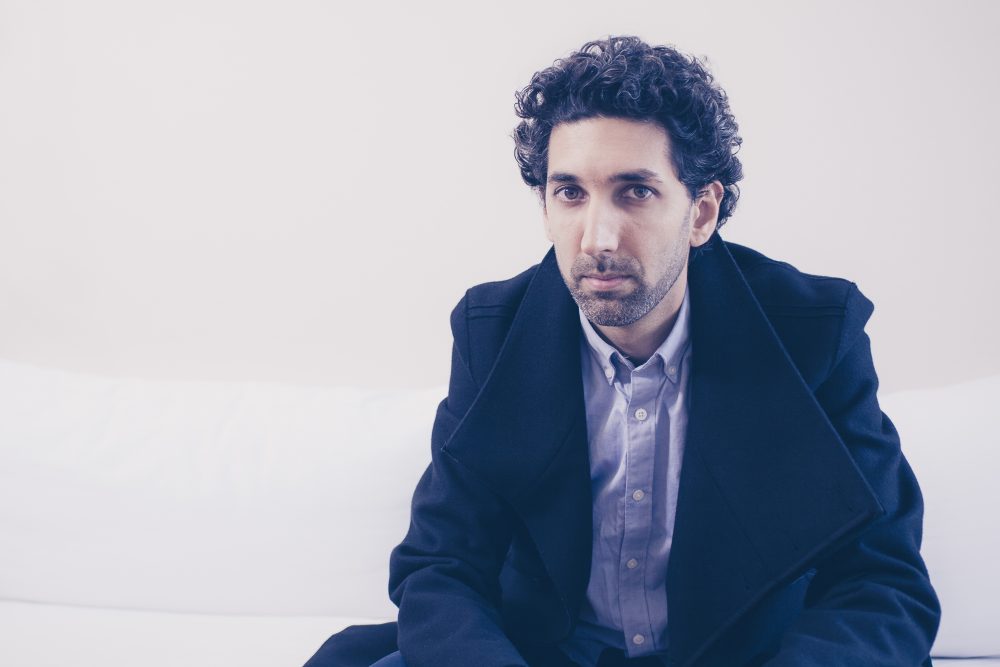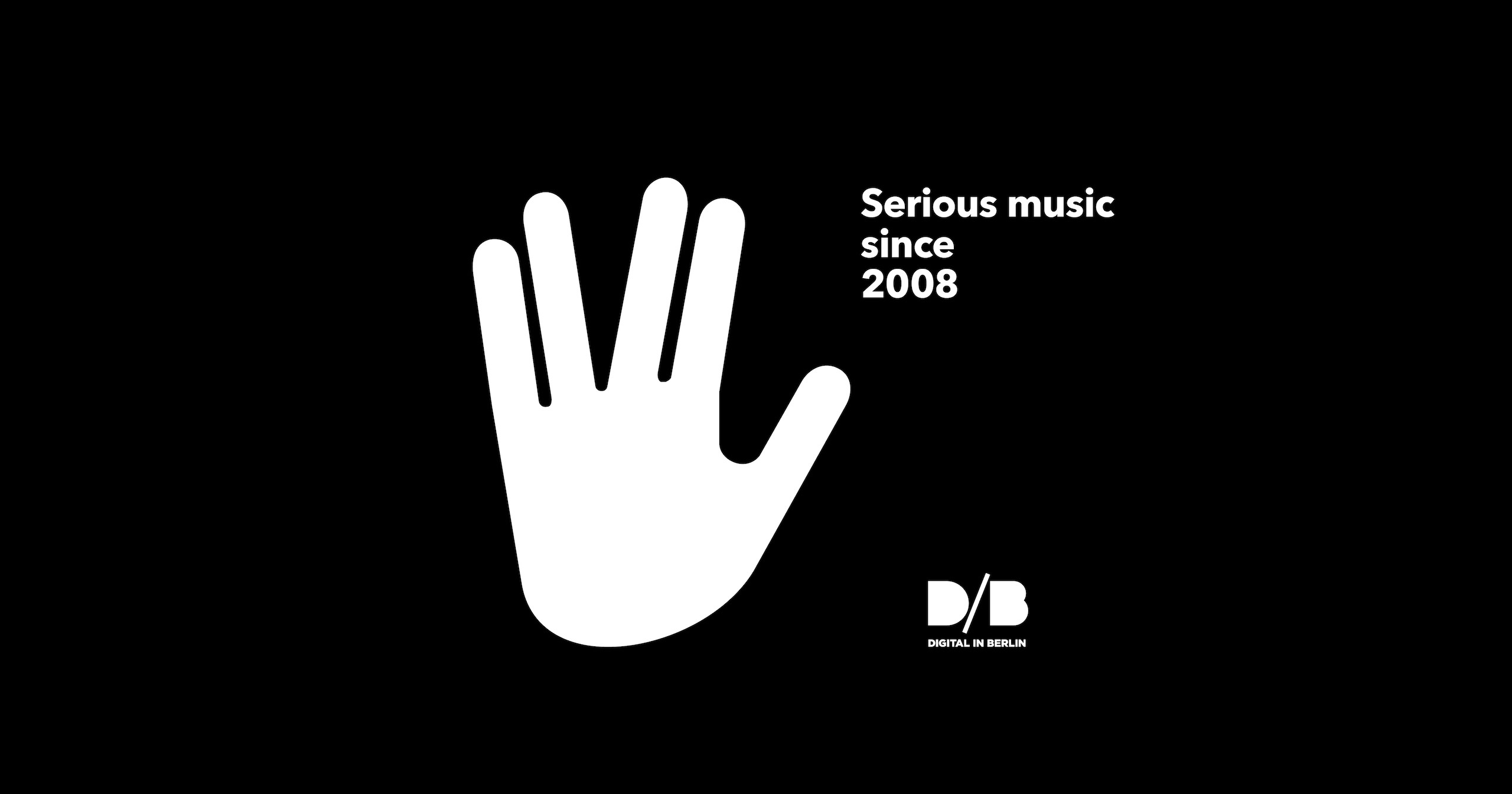New music and groove – does it work and does it exist? Musical crossover artist Ketan Bhatti thinks so. On “Nodding Terms” he melds contemporary chamber music with current club music. To this end, the composer, drummer and producer invited the German-Icelandic Ensemble Adapter into his studio and involved his studio neighbours Paul Frick and Jan Brauer from Brandt Brauer Frick in the production process. The musicians all studied classical instruments and know about pop. So acoustic traces become electronic tracks in a wondrous way. Dry grooves flow into iridescent shimmering ensemble sounds. The borders between genres and styles blur and dissolve. This is music which without fail makes the listener nod along – as per the album title. Not just because of its beat, but because it’s clever, too.
FACTS
1: if Germany sells weapons, people will get killed
2: as long people have different possibilities/ initial situations in terms of wealth, education etc. People will get killed.
3: there is no moral foundation for eating meat. ( I do it anyway..)
QUESTIONS:
1. What is the biggest inspiration for your music?
The Idea, that we are not closed entities, but in a constant process of transformation and innovation.
2. How and when did you get into making music?
I startet making music by the age of around 6. My mother had an old Grand Piano, on which I was alway improvising and was coming up with my own melodies and chords. My older brother was already playing Drums and Guitar, so it came very naturally to me. It became more serious at the age of 14, when I started playing drums in local Jazz-, hip hop- and reggae bands. That’s when I also started to program beats, and to record my music in my cellar studio.
3. What are 5 of your favourite albums of all time?
Puh…
D’angelo – Voodoo
The Beatles – Abbey Road
Prince – Parade
The Beatles – Sgt. Peppers Lonely Hearts Club Band
Red Hot Chili Peppers – Blood Sugar Sex Magic
4. What do you associate with Berlin?
For me Berlin has an opressive vibe, aswell as the feeling of endless possibilities.
5. What’s your favourite place in your town?
My favorite place is in fact my studio in Neukölln. It’s located in a second backyard, that is like a green and quiet oasis in the middle of Babylon.
6. If there was no music in the world, what would you do instead?
tough one… I would love to study law and work on political issues that concern the field o equal rights. But I guess I lack the ability to work hard on very boring stuff. So no chance. I would have to invent music…
7. What was the last record/music you bought?
Auto Blubberbumm – a ingenious communist musical for kids by Wolfgang Dauner andDieter Süverkrüp from the 70s.
8. Who would you most like to collaborate with?
Andromeda Mega Express Orchestra
9. What was your best gig (as performer or spectator)?
As Performer: My last Concert with my Trickster Orchestra at Heimathafen Neukölln. With Instruments from all over the world and compositions by Cymin Samawatie and me.
As Spectator: Maybe it was Andromeda Mega Express Orchestra some Years ago, I think it was at lido.
10. How important is technology to your creative process?
It is very important. I do all my Work on a computer. I was programming and composing on a computer before I could write notes. So I come from the other side. Producing Is part of my composing process. And also if I’m doing the notation for an ensemble, I’m doing it on a computer. Also the interaction between acoustic and electronic Sounds is part of my musical language.
11. Do you have siblings and how do they feel about your career/art?
I work very close together with my older bother Vivan, who is a composer too. We do almost everything together as a team.

